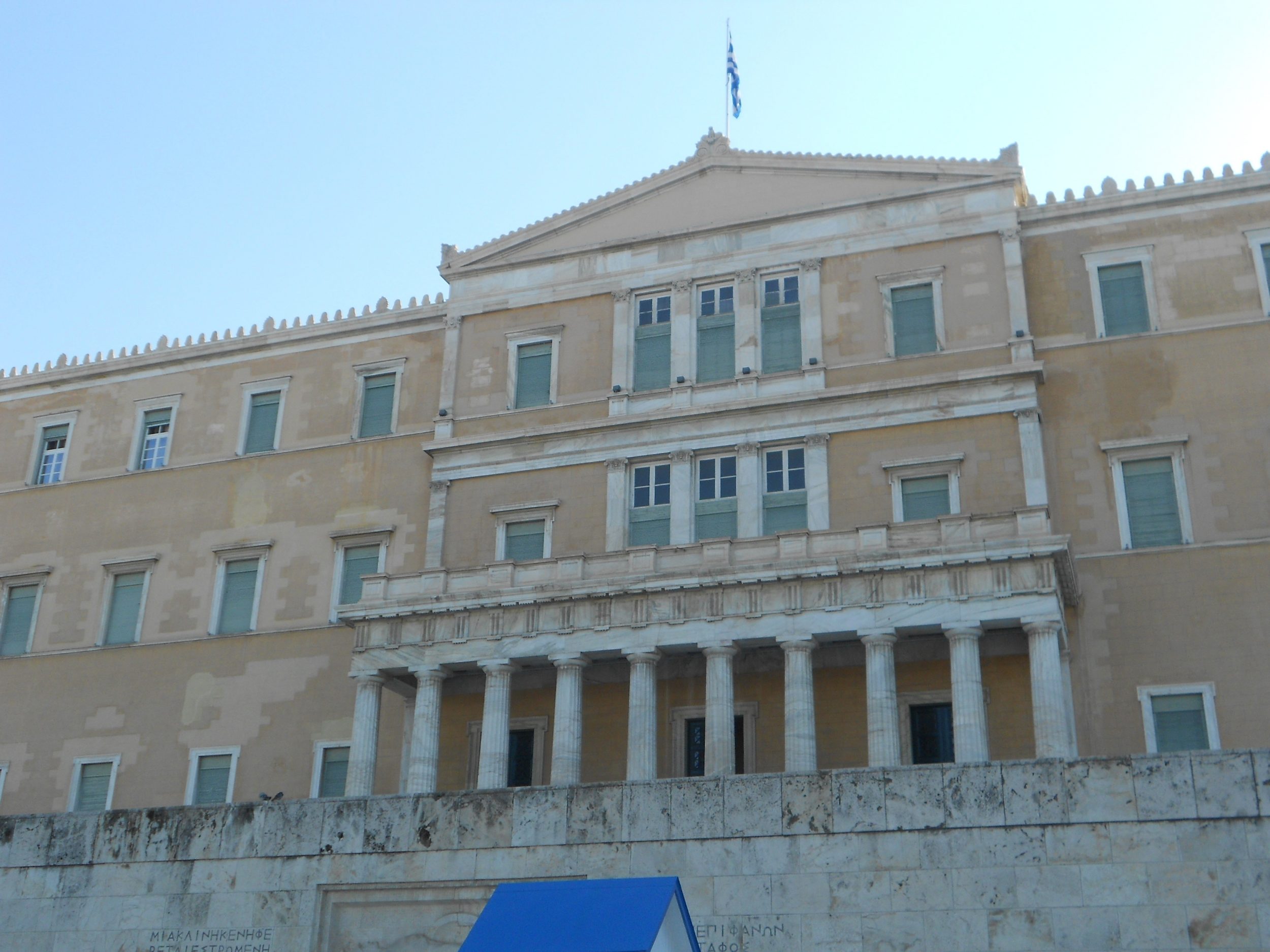Wish for a federal Cyprus has been registered by a clear majority of 66,5% among Greek Cypriots and 63,6% among Turkish Cypriots. This finding is based on a survey of 536 Greek Cypriots and 550 Turkish Cypriots, completed in the period 22/07/2020–12/08 2020 in the Greek Cypriot community by the University Centre for Field Studies and 07/12 / 2020-06 / 01/2021 in the Turkish Cypriot community by LIPA Consultancy Ltd (for more information on our project funded by the LSE Hellenic Observatory through an A.G. Leventis Research Innovation Programme please click here). These results make sense in light of several developments.
First, the study was motivated by the threat escalations in the Eastern Mediterranean since 2020 and their impact on citizens from the two communities in Cyprus. People in conflict zones live in constant concern that crisis escalations might take place while related threat perceptions are sometimes associated with negative changes in public opinion. Our study suggests a more nuanced relationship between the two by investigating the relationship between the perceived likelihood and severity of escalation (i.e., how could conflict harm participants). In both communities, those who see the severity of escalation as high are more likely to support dovish policies. The 2020 crises in the Eastern Mediterranean have exacerbated fears of a new escalation where Cypriots risk-bearing catastrophic consequences due to geopolitical vulnerability of the island. The Guterres package, proposed by UN Secretary General António Guterres, addressed these anxieties through its security and implementation mechanisms. The findings support the core proposal of this most recently mediated UN plan; ending the Cyprus problem in a way that assures political equality for Turkish Cypriots but also safeguards security for Greek Cypriots from any Turkish influence. Our findings suggest that the plan was supported by 84% of the GCs and 60% of Turkish Cypriots in the present research.
Second, reduction prejudice via contact has contributed to the formation of more positive attitudes toward the other community both among GCs and TCs . Previous research demonstrated that increasing bicommunal contact after the opening of the checkpoints in 2003 has led to more reconciliatory attitudes. The active engagement of bicommunal associations is driving this trend among broader sectors of the society; our survey also demonstrates that pro-reunification groups have managed to effectively re-organize themselves online during the pandemic. Contact between members of the two communities during the pandemic has mostly transferred on social media platforms. We find that 41% of Turkish Cypriot youth (18-35) state that they come in contact with Greek Cypriots over Facebook at least once a month. However, the corresponding percentage for Greek Cypriot youth is low (around 8%). Around 30% of middle-aged Turkish Cypriots and 28% of older Turkish Cypriots also have contact with Greek Cypriots at least once a month. The corresponding percentages for Greek Cypriots are 9% and 15% respectively. Importantly, for the Turkish Cypriots it was found that the frequency of digital contacts with Greek Cypriots was related to decreased prejudice and increased trust.
Third, and an equally important demographic shift involves Greek Cypriot displaced (IDPs) who are now more likely to support power sharing and mutual trade-offs in the negotiations compared to the past. This was also demonstrated in data from 2016 and 2017 surveys but was not obvious earlier in the Annan Plan referendum results or surveys conducted after the Annan plan period. Political analysts often make the simplistic assumption that refugees are a declining constituency. In an earlier survey, we found that 51% of the Greek Cypriot population relates to refugee status either via property, parents, grandparents, or spouse. In plain language, among IDPs there is a sense of betrayal that promises given in 2004 (when Greek Cypriot leaders encouraged IDPs to vote against the Annan Plan in search for a better deal) have not been implemented. Return prospects and hopes are still a factor driving reunification; IDPs who entertain thoughts about return are more likely to support peace initiatives and wish for peace.
Overall, the present findings bring to the surface the important role played by threats and hope in peace processes. From a public opinion perspective, reaching a solution to the Cyprus issue is still possible. Prolonging the stalemate and absence of any viable negotiations, however, might allow those opposing a future peace deal to entrench the status quo and make the overall security architecture in the Eastern Mediterranean region unviable for reunification in Cyprus. Positive trends in public opinion in deeply divided societies are often a necessary but not sufficient condition for a peace settlement. An analysis of pro and anti- settlement voters (as well as undecided respondents across political parties) demonstrates that endorsements by key political figures and party leaders in the island as well as abroad will be critical in shaping the balance in favour or against reunification. While our survey demonstrates positive trends in the last few years, there are also warning signs apparent among the Greek Cypriot youth or Turkish Cypriot middle-ages who are less eager to accept a federal settlement. These demographic pockets might expand or shrink depending on the next steps and interventions taken by international mediators in Cyprus and whether those will be in a position to bridge the physical and threat needs of each of the two communities.
*A research seminar on the topic ‘Youth and Politics in Protracted Conflicts’, was organised by the Hellenic Observatory on 5 October 2021. For more information please visit the event page.
Note: This article gives the views of the authors, not the position of Greece@LSE, the Hellenic Observatory or the London School of Economics.







Excellent survey n encouraging findings towards the enduring possibility of a reunification of Cyprus 🙂 Well done to the authors